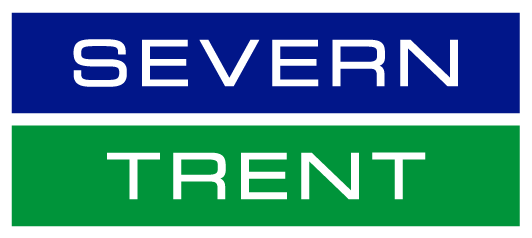Sustainability
Our Bioresources team is responsible for transporting and treating sewage sludge which is collected from more than 1000 of our wastewater treatment sites across the region.
We treat over 200,000 tonnes of sewage sludge every year at our 30 Bioresources Treatment hubs, and it doesn’t stop there.
We also use the sludge to create two useful products – renewable energy, which we use to power our sites or feed into the gas and electricity grid, and a bio-fertiliser, which we supply to farmers to sustainably return nutrients to the land.
In 2019 alone we produced enough electricity to power a city the size of Gloucester from 100% renewable sources and provided nearly 600,000 tonnes of nutrient rich biofertilizer to farmers. A true circular economy.
Developing and improving our energy generation
Bioresources is a hugely exciting area for us with infinite possibilities to further stimulate a circular economy.
We’re working with third parties to trial new technologies and improve our treatment and energy generating capabilities, as well as optimise our transport and recycling operations.
We’re open for business
The industry regulator Ofwat is changing its regulatory approach for Bioresources by promoting market development and enabling potential market participants to identify opportunities to enter the market.
Water and waste companies are now able to trade sludge without boundaries, to drive more efficiencies.
If you need sludge treatment capability, our live sludge capacity tracker shows available space at our Bioresources treatment hubs.
Our Sludge Trading capacity
You can check each site’s capacity using our capacity tracker.
Our capacity data is updated daily at 8am and shows how much treatment capacity we have at each of our key trading sites over the next 7 days. You can download our annual report to learn about our Bioresources assets and treatment capability across our region.
Our Tankered Waste team not only looks after sludge imports but also receives liquid waste from industry and domestic households not connected to our network.
The waste is securely transported by tanker to our bioresources locations, where it is treated.
We treat the waste we receive and turn the residue into nutrient rich organic matter, often referred to as "cake" or "biosolids".
Learn about the challenges Severn Trent face within the Bioresources market and how to get involved.
